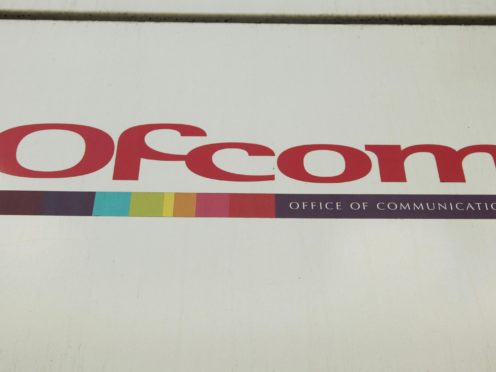Religious satellite television channel Loveworld breached broadcasting rules when it aired unsubstantiated conspiracy theories about coronavirus, Ofcom has ruled.
During a 29-hour programme titled The Global Day Of Prayer, sermons presented “potentially harmful” claims about Covid-19, according to the broadcasting watchdog.
It is the second time in a year Ofcom has ruled against the channel for statements made on air about coronavirus.
We have found Loveworld in breach of our broadcasting rules for the second time in a year, for airing unsubstantiated claims about coronavirus without providing adequate protection for viewers: https://t.co/Bez5jScF5Y
— Ofcom (@Ofcom) January 15, 2021
The programme contained unsubstantiated claims that the pandemic was a “planned” event created by the “deep state” and that the vaccine is a means of administering “nanochips” to control and harm people, the watchdog said in a statement.
Other false claims linked the cause of coronavirus to the rollout of 5G technology, a conspiracy theory which has been discredited by experts.
The statement added the broadcast of these conspiracy theories on December 1 amounted to “serious failings”.
“Ofcom stresses that legitimate debate about the official response to the coronavirus pandemic is fundamental to holding public authorities to account during a global health crisis – particularly when public freedoms are curtailed and complex policy decisions are taken,” the statement said.
“However, the potentially harmful claims made during the programme were unsupported by any factual evidence and went entirely without challenge.
“Loveworld’s failure to put these unsubstantiated statements into context risked serious harm to its audience.
“They had the potential to undermine confidence in public health measures put in place to tackle Covid-19, at a time when cases, hospital admissions and deaths were rising in the UK.”
Ofcom has directed Loveworld not to repeat the programme and to broadcast a statement of their findings on a date and in a form to be determined by the watchdog.
Loveworld has been contacted for comment.
